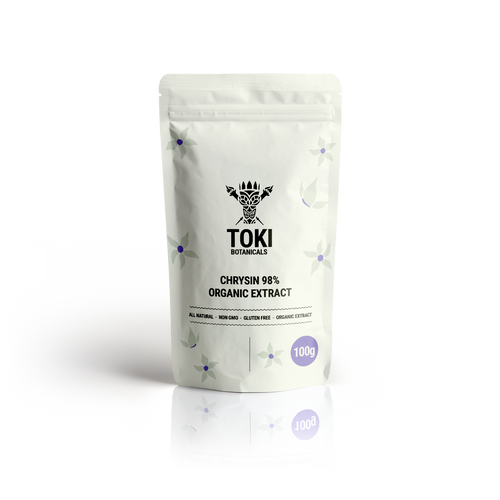Product Description
Turmeric is an absolute all-star among supplements, with a bevy of research to back it up. The main problem with curcumin is that it's not well absorbed, but if it gets into the cells and body, it can do some great things according to research. We highly suggest using this with our piperine and ginger extract. Taking it along with a fat like coconut oil may be helpful as well. Curcumin has great research as an anti-inflammatory. Chronic inflammation is one of the biggest common denominators with so many disease processes. Studies show that curcumin inhibits many different deleterious markers such as phospholipase, lipooxygenase, cyclooxygenase 2, leukotrienes, thromboxane, prostaglandins, collagenase, elastase, hyaluronidase, monocyte chemoattractant protein-1 (MCP-1), interferon-inducible protein, NF-kB, tumor necrosis factor (TNF), and interleukin-12 (IL-12). This makes curcumin excellent for many types of pain and inflammation. (1,2,3)
Curcumin is also an excellent antioxidant and has good anti-cancer properties according to some research. It may help protect against neuro-degeneration by inhibiting certain pro-inflammatory molecules from damaging brain cells and decreasing amyloid-beta plaque deposits and formation. It also helps to delay the degradation of neurons, chelate certain heavy metals, decrease microglia formation, and more. (3,4) Several studies have failed to see results though with curcumin, likely because of the extract used. Unless it is used with bio-availability enhancers, less than 10% of what you take is absorbed on a cellular level and it doesn't help much.
Curcumin also has good protective effects for the liver and kidneys, along with anti-diabetic effects. (5,6) It may help to lower glucose levels and help protect organs from damage caused by diabetes. In addition, studies have shown that turmeric and curcumin are very good for depression and mood disorders, and comparable to medication without the side effects. It influences many different neurotransmitters such as dopamine, serotonin, and norepinephrine. Curcumin can also help digestive disorders such as IBS, GERD, Crohn's disease and ulcerative colitis. (7,8)
Suggested use: 750mg 1-2 times per day.
References
- https://www.ncbi.nlm.nih.gov/pubmed/12676044
- https://www.ncbi.nlm.nih.gov/pubmed/17569207
- http://lpi.oregonstate.edu/mic/dietary-factors/phytochemicals/curcumin
- https://www.ncbi.nlm.nih.gov/pmc/articles/PMC2781139/
- http://www.jbc.org/content/280/7/5892.full
- http://www.turmericforhealth.com/turmeric-benefits/turmeric-a-powerful-weapon-against-kidney-disorders
- https://www.ncbi.nlm.nih.gov/pubmed/27748192







